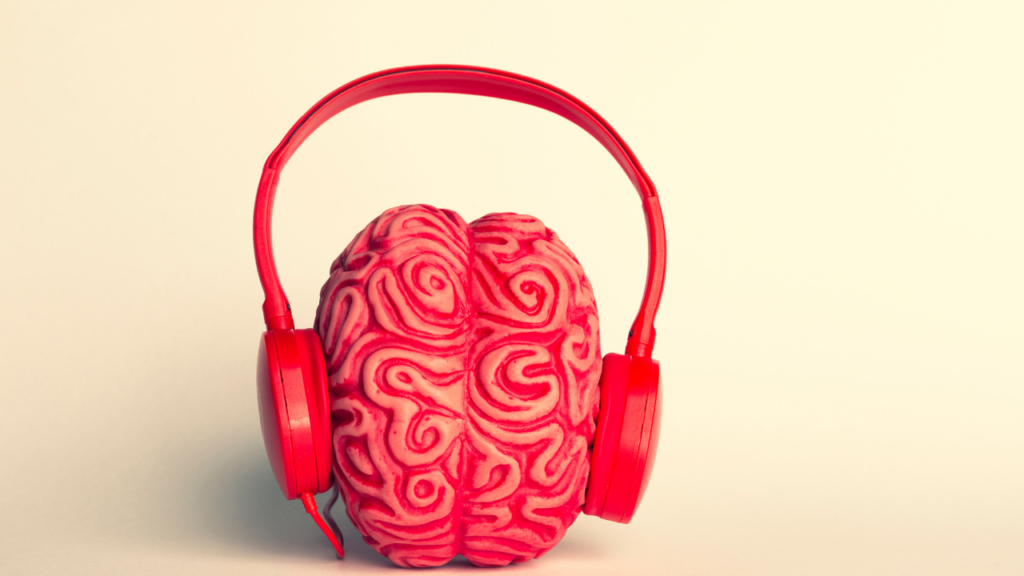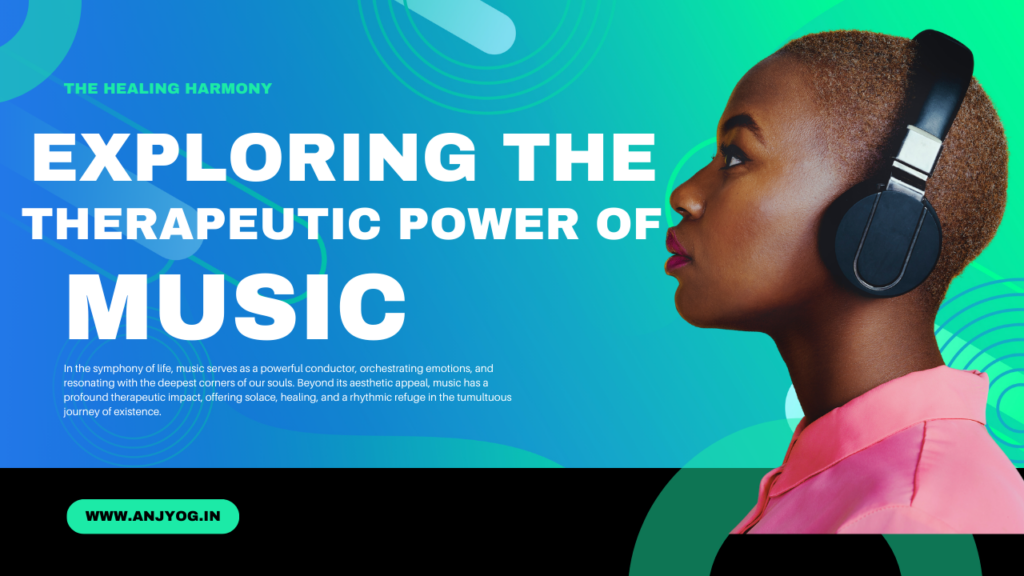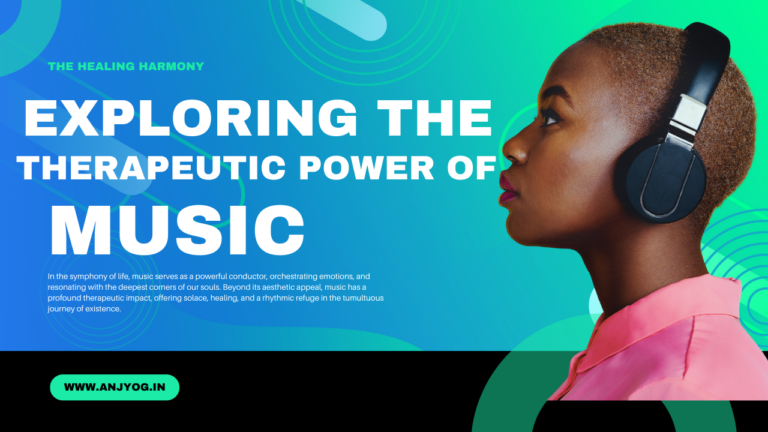Introduction
In the symphony of life, music serves as a powerful conductor, orchestrating emotions, and resonating with the deepest corners of our souls. Beyond its aesthetic appeal, music has a profound therapeutic impact, offering solace, healing, and a rhythmic refuge in the tumultuous journey of existence.
The Universal Language
Music, often hailed as the universal language, transcends cultural and linguistic barriers. Its ability to communicate complex emotions without words makes it a unique medium for therapeutic expression. Whether it’s the haunting melodies of a classical composition or the pulsating beats of a drum, music speaks to us on a primal level, tapping into the core of our humanity.
Emotional Resonance
At its essence, therapeutic music resonates with our emotions, acting as a conduit for self-expression and reflection. When words fail, melodies and harmonies step in, articulating the intricate nuances of joy, sorrow, love, and pain. In times of emotional turbulence, a carefully curated playlist can be a cathartic journey, allowing individuals to navigate and process their feelings.

Stress Reduction and Relaxation
The tempo, rhythm, and melody of music can influence our physiological responses, providing a potent tool for stress reduction and relaxation. Slow, calming tunes can lower heart rate and blood pressure, inducing a state of tranquility. Music becomes a sanctuary where the chaotic cacophony of daily life dissipates, and the mind finds a serene escape.
Neurological Harmony
Scientifically, the therapeutic power of music is rooted in its profound impact on the brain. Neurological studies have shown that music activates various regions of the brain, including those associated with emotions, memory, and motor skills. For individuals facing cognitive challenges, such as Alzheimer’s or dementia, music can serve as a nostalgic time capsule, unlocking memories and fostering a sense of identity.

Enhancing Mood and Motivation
The upbeat tempo of a favorite song has the remarkable ability to elevate mood and boost motivation. Whether it’s the infectious rhythm of a pop anthem or the empowering lyrics of a rock ballad, music has the power to inspire and invigorate. It becomes a companion in moments of triumph and a motivator during times of challenge.
Therapeutic Applications
Beyond personal listening, music therapy has emerged as a formalized practice, where trained therapists use music as a therapeutic tool. In clinical settings, music therapy is employed to address a myriad of issues, from managing chronic pain to aiding in emotional expression for individuals with mental health disorders. The versatility of music allows it to be tailored to individual needs, making it a dynamic and adaptable therapeutic modality.
Cultural and Spiritual Connection
Music is deeply woven into the fabric of culture and spirituality. Ritualistic chants, hymns, and ceremonial melodies have been integral to various religious and cultural practices for centuries. The communal experience of creating and sharing music fosters a sense of belonging, providing individuals with a connection to something larger than themselves.

In the grand symphony of life, where each note represents a unique experience, music stands as a therapeutic maestro, guiding us through the ebbs and flows of our existence. Its ability to heal, comfort, and inspire is a testament to the profound impact of this universal language. As we continue to unlock the secrets of the therapeutic power of music, one thing remains clear – the harmony it brings to our lives is both timeless and transcendent.










